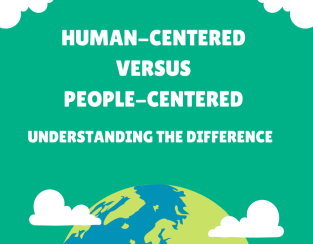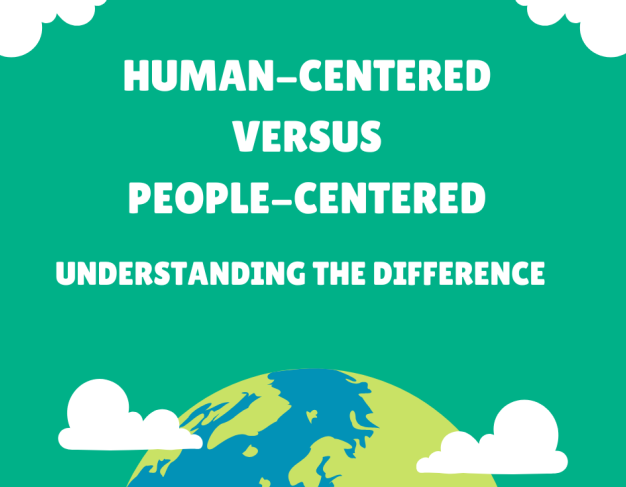
MSMEsDay2023
Apr 20, 2023 | Ayman Site, News | 1, News | 2, Small Business Horizon Site, SME World Forum Site, The Latest, World Congress Site

MSMEs Day 2023 at the United Nations
Micro, Small, and Medium-sized Enterprises (MSMEs) are vital in creating jobs, reducing poverty, and driving economic growth, particularly in developing countries. MSMEs are businesses with fewer than 500 employees and generate less than a certain amount of revenue, depending on the country. To recognize the contributions of MSMEs and raise awareness about the importance of supporting them, MSMEs Day is celebrated annually on June 27th. In addition, the United Nations General Assembly designated the day in 2017 to align with the Sustainable Development Goals (SDGs).
The SDGs are 17 goals adopted by the United Nations in 2015 to promote sustainable development and address global challenges such as poverty, inequality, and climate change. Achieving the SDGs, including Goal 1 (No Poverty), Goal 8 (Decent Work and Economic Growth), and Goal 9 (Industry, Innovation, and Infrastructure), requires the active participation and support of MSMEs.
MSMEs face challenges, including increasing competition, changing consumer preferences, and technological disruption. To address these challenges, MSMEs can adopt a human-centered approach. This approach involves understanding the needs and preferences of customers, employees, and other stakeholders to improve products, services, and operations. By adopting a human-centered approach, MSMEs can create more effective and user-friendly solutions, resulting in greater efficiency, productivity, and a positive user experience.
The International Council for Small Business (ICSB) is a non-profit organization that supports the interests of MSMEs globally. The ICSB was founded in 1955 and has been instrumental in advancing research, education, and programs that promote small business growth and development.
MSMEs Day provides a significant opportunity to recognize MSMEs’ contributions and raise awareness about the challenges and opportunities facing these businesses. The ICSB, under the leadership of Ayman ElTarabishy, will continue to play a critical role in supporting and supporting MSMEs globally and advancing initiatives and programs that promote small business growth and development.
Looking to the future, MSMEs will need to remain agile, adaptable, and innovative to succeed in an ever-changing landscape. By embracing innovation and a human-centered approach, MSMEs can positively contribute to the global economy and society. MSMEs Day provides an opportunity to recognize the contributions of MSMEs to the global economy and to raise awareness about the importance of supporting them to achieve the SDGs and promote sustainable development.







